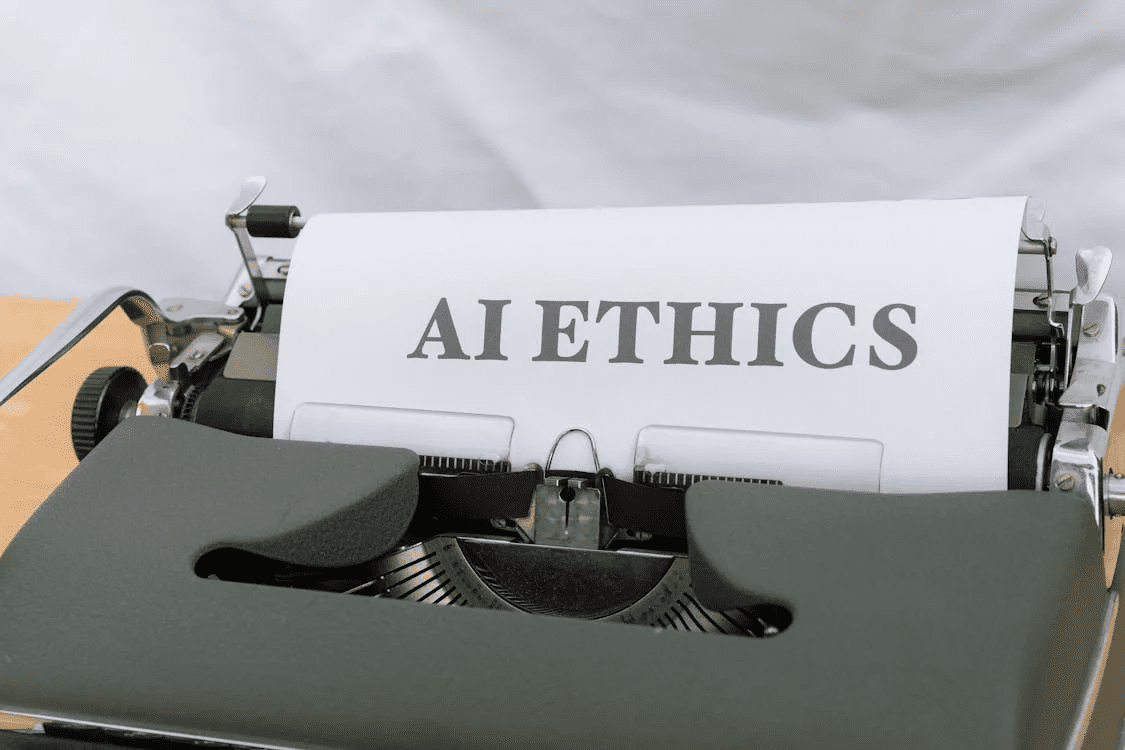Introduction
Artificial intelligence (AI) is altering sectors at an unprecedented rate, creating new possibilities and threats. While artificial intelligence improves automation, decision-making, and efficiency, it also raises questions about ethics, prejudice, security, and job displacement. This has sparked a heated debate: should governments control AI or allow innovation to thrive unhindered?
As AI advances, the absence of global legal frameworks raises concerns about responsibility, privacy, and the ethical implications of autonomous decision-making. Striking the correct balance between supporting innovation and guaranteeing ethical AI usage is a problem for politicians, tech executives, and researchers.
Why AI Regulation Is Important
AI systems influence critical sectors such as finance, healthcare, law enforcement, and national security. Without proper oversight, the risks of AI misuse could outweigh its benefits. Here are some key reasons why AI regulation is considered essential:
- Preventing Bias and Discrimination
AI algorithms learn from data, and if that data is biased, AI can reinforce prejudices related to race, gender, or socioeconomic status. Examples include biased hiring algorithms and flawed facial recognition systems. Regulations can mandate fairness and transparency in AI training data.
- Protecting Privacy and Data Security
AI-driven applications, such as surveillance systems, chatbots, and personalized ads, collect vast amounts of user data. Without regulations, companies could exploit this data for unethical purposes, leading to privacy violations and security breaches. Strong AI regulations can enforce data protection laws and prevent unauthorized use of personal information.
- Ensuring Accountability in AI Decision-Making
AI is increasingly being used in high-stakes fields, such as autonomous vehicles, medical diagnoses, and judicial systems. In the absence of regulation, who is responsible if AI makes a life-altering mistake? Legal frameworks must ensure accountability in cases of AI-related errors.
- Preventing AI-Driven Job Displacement
Automation powered by AI threatens to replace millions of jobs, particularly in manufacturing, customer service, and administrative roles. Regulations can introduce policies to reskill workers, promote ethical AI adoption, and reduce mass unemployment risks.
- Mitigating National Security Threats
AI-powered cyberattacks, misinformation campaigns, and deepfakes pose risks to national security. Without regulation, malicious actors could use AI for political manipulation, fraud, and cyberwarfare. Governments need robust AI laws to combat AI-driven threats.
Arguments Against Strict AI Regulations
While AI regulation has clear benefits, critics argue that over-regulation could stifle innovation and slow technological progress. Here’s why some oppose strict AI laws:
- AI Thrives on Open Innovation
AI development relies on continuous learning, collaboration, and experimentation. If regulations impose excessive restrictions, AI research may become slower and less effective in solving global challenges like disease prediction, climate modelling, and automation.
- Regulatory Delays Could Hinder Growth
Government policies often take years to be implemented. In contrast, AI evolves rapidly. If AI regulations fail to keep up, they may become obsolete, leaving businesses in a state of uncertainty.
- Competitive Disadvantages for Startups
Large tech companies like Google, OpenAI, and Microsoft have the resources to comply with AI regulations, but startups may struggle with compliance costs. Over-regulation may favour tech giants while pushing smaller innovators out of the AI race.
- Global Disparities in AI Policies
AI is a global industry, yet different countries have contrasting approaches to AI governance. For example:
- The European Union enforces strict AI regulations (like the AI Act).
- The United States adopts a market-driven approach, prioritizing innovation.
- China has state-controlled AI policies, focusing on surveillance and automation.
A lack of global AI regulatory alignment could create unequal playing fields, benefiting nations with fewer restrictions.
What Would an Ideal AI Regulation Framework Look Like?
Instead of restrictive AI policies, experts suggest a balanced approach that promotes innovation while safeguarding ethical AI use. A well-structured AI regulatory framework should:
- Enforce transparency in AI decision-making – Companies should disclose how their AI models work and what data they use.
- Prioritize AI ethics and fairness – Regulations should mandate bias reduction and unbiased AI algorithms.
- Create adaptive policies – Laws should be flexible to accommodate fast-evolving AI advancements.
- Encourage global cooperation – International bodies like the UN and OECD should coordinate AI governance strategies.
- Support AI research while ensuring accountability – Governments should fund ethical AI projects while penalizing AI misuse.
Conclusion: A Balanced Path Forward
The AI regulation debate is complex, with valid arguments on both sides. While regulation is necessary to prevent bias, data privacy violations, and security risks, excessive controls could hinder AI progress and limit innovation.
The ideal solution lies in creating AI policies that balance ethics with technological growth. Governments, tech companies, and AI researchers must collaborate to establish flexible, globally aligned regulations that protect users while fostering AI-driven advancements.
As AI continues to reshape industries, the question remains: How do we regulate AI effectively without limiting its potential?

